Holbrooke, Ashdown: Bosnia on brink of collapse
The creator of the Dayton Accords Richard Holbrooke and former High Representative Paddy Ashdown believe Bosnia-Hercegovina is on the brink of collapse.
Wednesday, 22.10.2008.
11:44

The creator of the Dayton Accords Richard Holbrooke and former High Representative Paddy Ashdown believe Bosnia-Hercegovina is on the brink of collapse. In a joint text on the situation in the country, where they state that the EU “made a mistake by not supporting its representative in Bosnia-Hercegovina, the capable Slovak diplomat Miroslav Lajcak, and undermined and reduced his powers and authorities at critical moments.“ Holbrooke, Ashdown: Bosnia on brink of collapse Ashdown and Holbrooke stressed that “as in 1995, the engagement of the trans-Atlantic community is required if we don’t want to slip back into another Bosnian crisis.“ “Bosnian Serb Prime Minister Milorad Dodik, once a favorite of the international community, especially Washington, because of his opposition to the Serb Democratic Party, has simply adopted its manifesto and practices, free of the burden of the genocide committed by it,“ states the analysis, published in today’s edition of daily Dnevni Avaz. They add that Dodik’s long-term policy is clear, “to bring his Serb entity—the Republic of Srpska (RS)—into a position to break away as soon as the opportunity presents itself.“ The two diplomats say that Dodik has taken advantage of the weakness of constitutional state structures, fatigue and the international community’s saturation, as well as the inability of the EU to meet its own conditions, and over the course of the last two years has succeeded in destroying the majority of the real progress made in Bosnia-Hercegovina in the last 13 years." Holbrooke and Ashdown believe that Dodik has destroyed the progress made “mainly by weakening state institutions and stopping Bosnia-Hercegovina on the road to evolving into a functional state that is able to join the EU.“ “Dodik’s activities have been fueled and by encouraged by Russia and the Russian petro-dollar,“ they say. The two diplomats add that “Chairman of the Bosnian Presidency Haris Silajdzic has frequently made statement on the need to abolish the two entities that comprise Bosnia-Hercegovina, and the need to create an undivided country not made up of federal units.“ “Poisonous relations and clashes between the two of them are at the heart of the current crisis in Bosnia-Hercegovina,“ which is why “doubts and fears have revived that were the basis for the start of the war in 1992,“ states the text. Holbrooke and Ashdown believe that this situation “has been brought about by the international community’s passivity and confusion“ after “the Bush administration practically turned its back on Bosnia-Hercegovina, while the EU has become deeply entangled in events in the country.“
Holbrooke, Ashdown: Bosnia on brink of collapse
Ashdown and Holbrooke stressed that “as in 1995, the engagement of the trans-Atlantic community is required if we don’t want to slip back into another Bosnian crisis.““Bosnian Serb Prime Minister Milorad Dodik, once a favorite of the international community, especially Washington, because of his opposition to the Serb Democratic Party, has simply adopted its manifesto and practices, free of the burden of the genocide committed by it,“ states the analysis, published in today’s edition of daily Dnevni Avaz.
They add that Dodik’s long-term policy is clear, “to bring his Serb entity—the Republic of Srpska (RS)—into a position to break away as soon as the opportunity presents itself.“
The two diplomats say that Dodik has taken advantage of the weakness of constitutional state structures, fatigue and the international community’s saturation, as well as the inability of the EU to meet its own conditions, and over the course of the last two years has succeeded in destroying the majority of the real progress made in Bosnia-Hercegovina in the last 13 years."
Holbrooke and Ashdown believe that Dodik has destroyed the progress made “mainly by weakening state institutions and stopping Bosnia-Hercegovina on the road to evolving into a functional state that is able to join the EU.“
“Dodik’s activities have been fueled and by encouraged by Russia and the Russian petro-dollar,“ they say.
The two diplomats add that “Chairman of the Bosnian Presidency Haris Silajdžić has frequently made statement on the need to abolish the two entities that comprise Bosnia-Hercegovina, and the need to create an undivided country not made up of federal units.“
“Poisonous relations and clashes between the two of them are at the heart of the current crisis in Bosnia-Hercegovina,“ which is why “doubts and fears have revived that were the basis for the start of the war in 1992,“ states the text.
Holbrooke and Ashdown believe that this situation “has been brought about by the international community’s passivity and confusion“ after “the Bush administration practically turned its back on Bosnia-Hercegovina, while the EU has become deeply entangled in events in the country.“










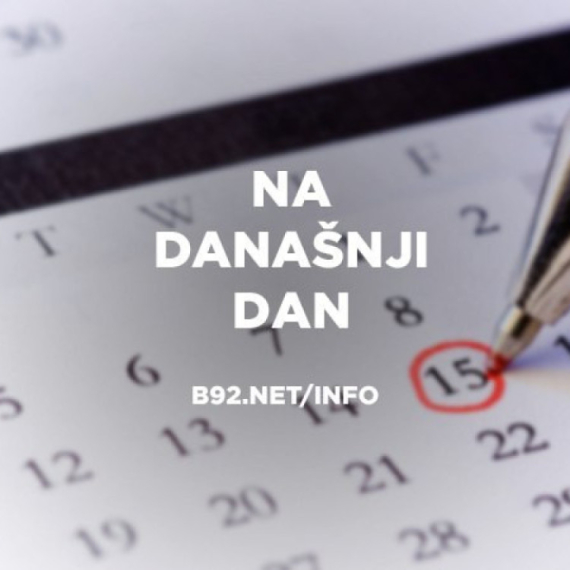
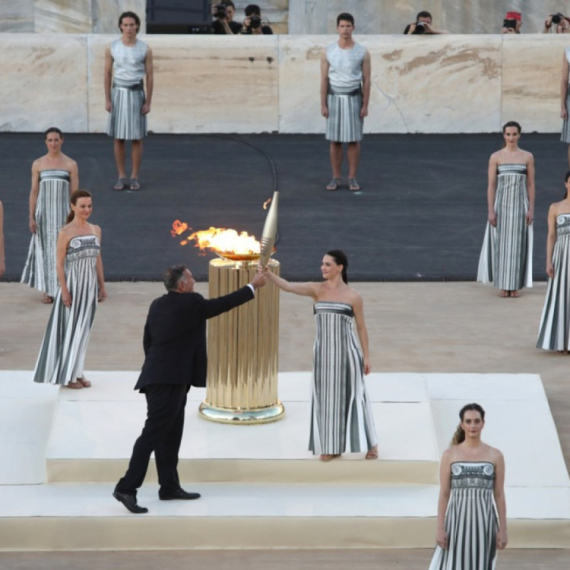
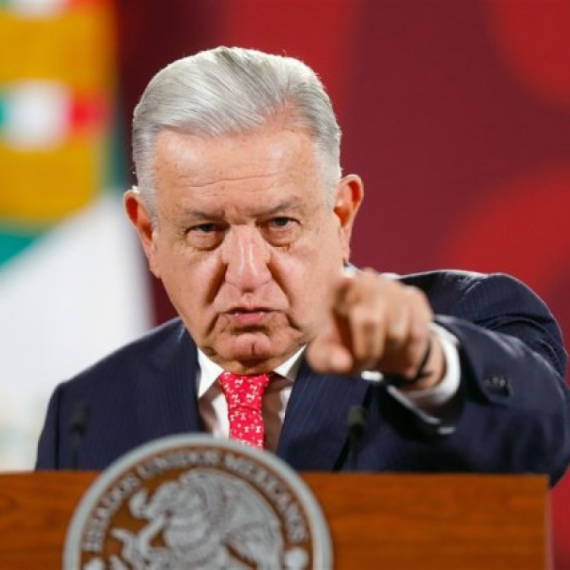



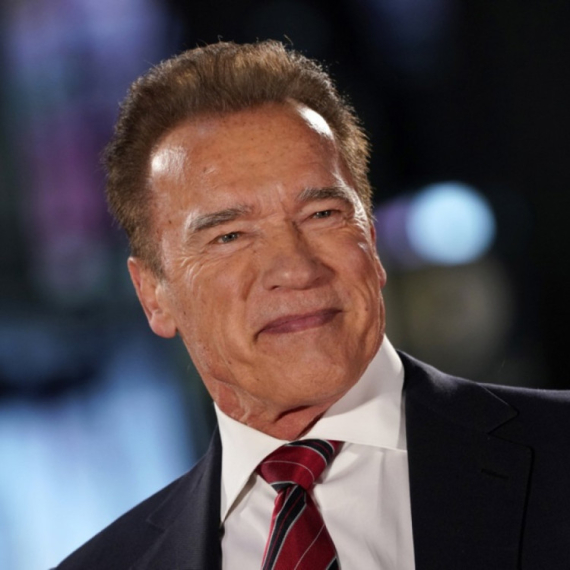
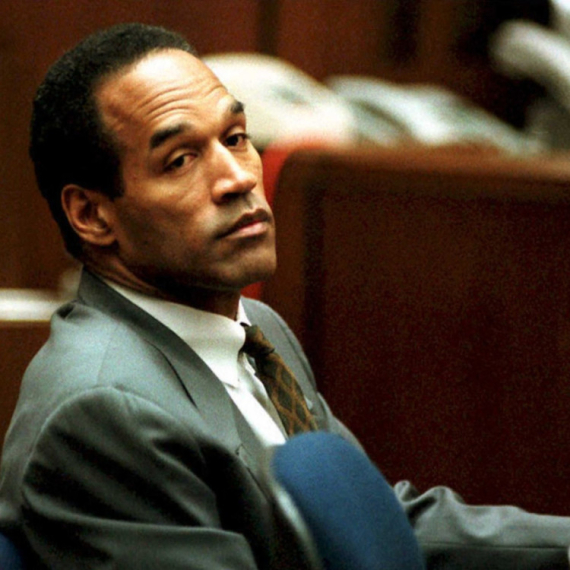

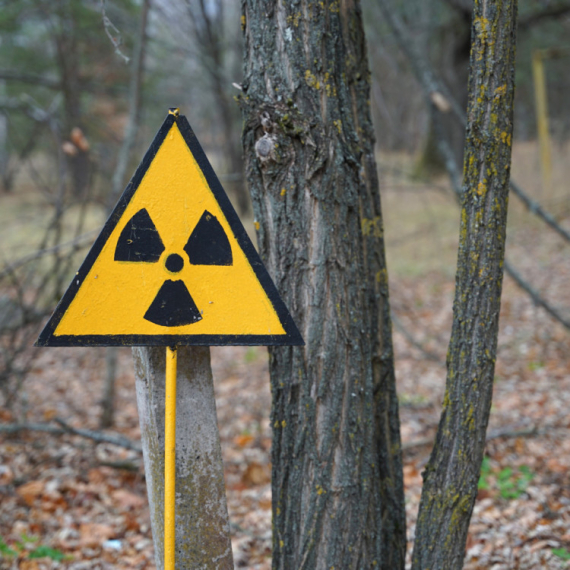






Komentari 26
Pogledaj komentare